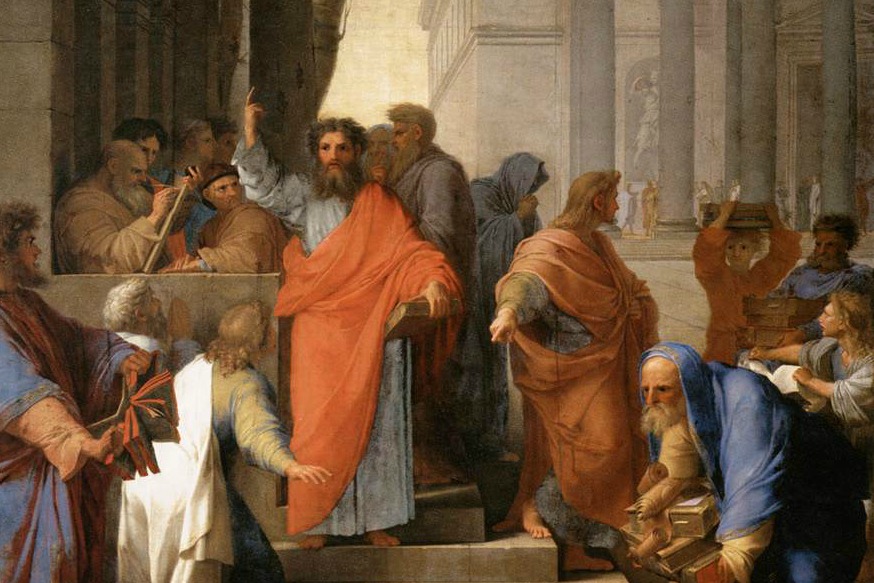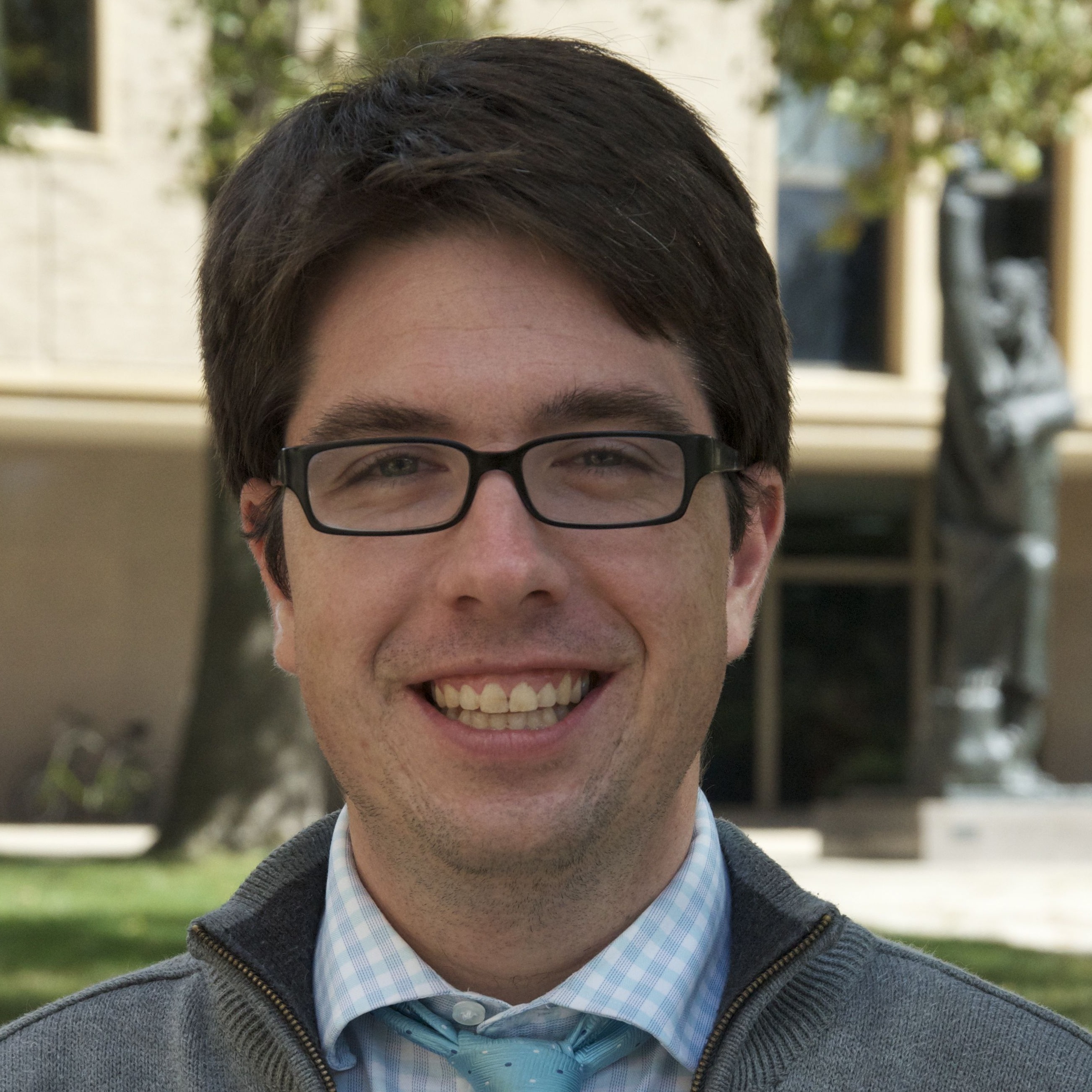During the season of Easter, we often hear passages that seem to establish a non-negotiable barrier between those who accept the Gospel and those who do not. In the Acts of the Apostles, we hear from Paul and Barnabas that “it was necessary that the word of God be spoken to you first, but since you reject it and condemn yourselves as unworthy of eternal life, we now turn to the Gentiles” (Acts 13:46). Does this mean that God has turned away from the Jewish people and now is focusing his attention elsewhere?
For Catholics, the answer to this question is a decided no. The Second Vatican Council declared “the Church believes that by His cross Christ, Our Peace, reconciled Jews and Gentiles, making both one in Himself” (Nostra Aetate, §4). The Jewish people can never be abandoned by God precisely because the original covenant that God offered cannot pass away. Divine promises do not disappear. And we still share this covenant with our elder brothers and sisters in faith.
What we celebrate during the season of Easter is that God’s covenantal love is extended to all people. Gentile is a word that means “nations.” And Israel’s greatest hope is precisely the extension of this covenant to the ends of the earth, “In days to come, / The mountain of the Lord’s house / shall be established as the highest mountain / and raised above the hills. / All nations shall stream toward it” (Is 2:2).
What was prophesized in the Old Testament has been fulfilled in Jesus, the risen Lord, who has come to “shake all the nations, so that the treasures of all the nations will come in” (Hg 2:7). The extension of this covenant was intended to be good news for both Jew and Gentile but not all are pleased with Paul and Barnabas’ proclamation. There are those who can’t see that God’s mercy might extend even to the ends of the earth. That salvation is intended not for the few but for the many.
Of course, the Church today may become subject to this very same attitude of exclusion. We may want to cordon off God’s grace, reserving it only for those who meet our expectations of holiness. Yet, Christ the Good Shepherd goes forth to find the lost sheep. He calls to his lost sheep, crying out, “I know them.”
To the homeless, suffering with mental illness or alcohol addiction, Christ proclaims, “I know them.” To the politician, who does not consider the lives of the unborn and those on the margins, Christ says, “I know them.” To become his people, to become sheep of his flock, means that we too are to learn to imitate the voice of our beloved Shepherd.
For there is something in every human heart, no matter how cold it has grown, that longs to hear the loving voice of the Shepherd. There is something in every human heart that longs for eternal life with the triune God, who is love itself. There is something in every human heart, longing to “stand before God’s throne and worship him day and night in his temple” (Rev 7:5).
Each Easter, the Church must renew in herself an awareness that the message she bears is not intended for the few or perfect. The Church will only fulfill her destiny when every last sheep enters the sheepfold.
To be part of God’s people is not a gift offered for us to keep to ourselves. Rather, we must announce to the cosmos itself, “Behold the Lamb of God, who takes away the sins of the world.” Behold the Lamb, who wants to take away your sins, your death, your sorrows. And carry you upon his shoulders to eternal life.
![]()
This article originally appeared in Our Sunday Visitor: Newsweekly on April 6, 2016 and is reproduced here with the permission of the publisher.
Featured Image: Eustache Le Sueur (1616–1655); St. Paul Preaching at Ephesus (1649), detail; courtesy of Wikimedia Commons.



